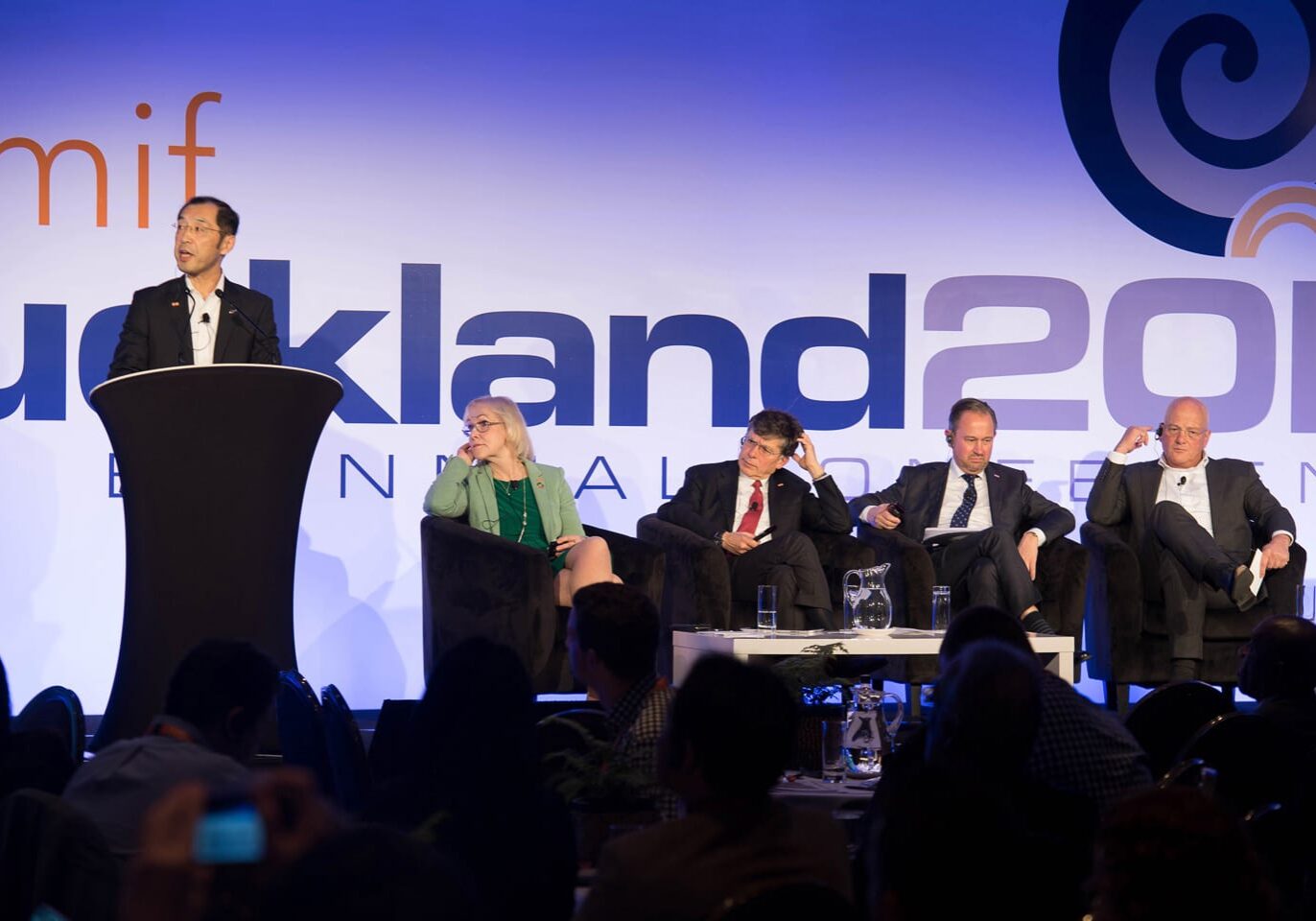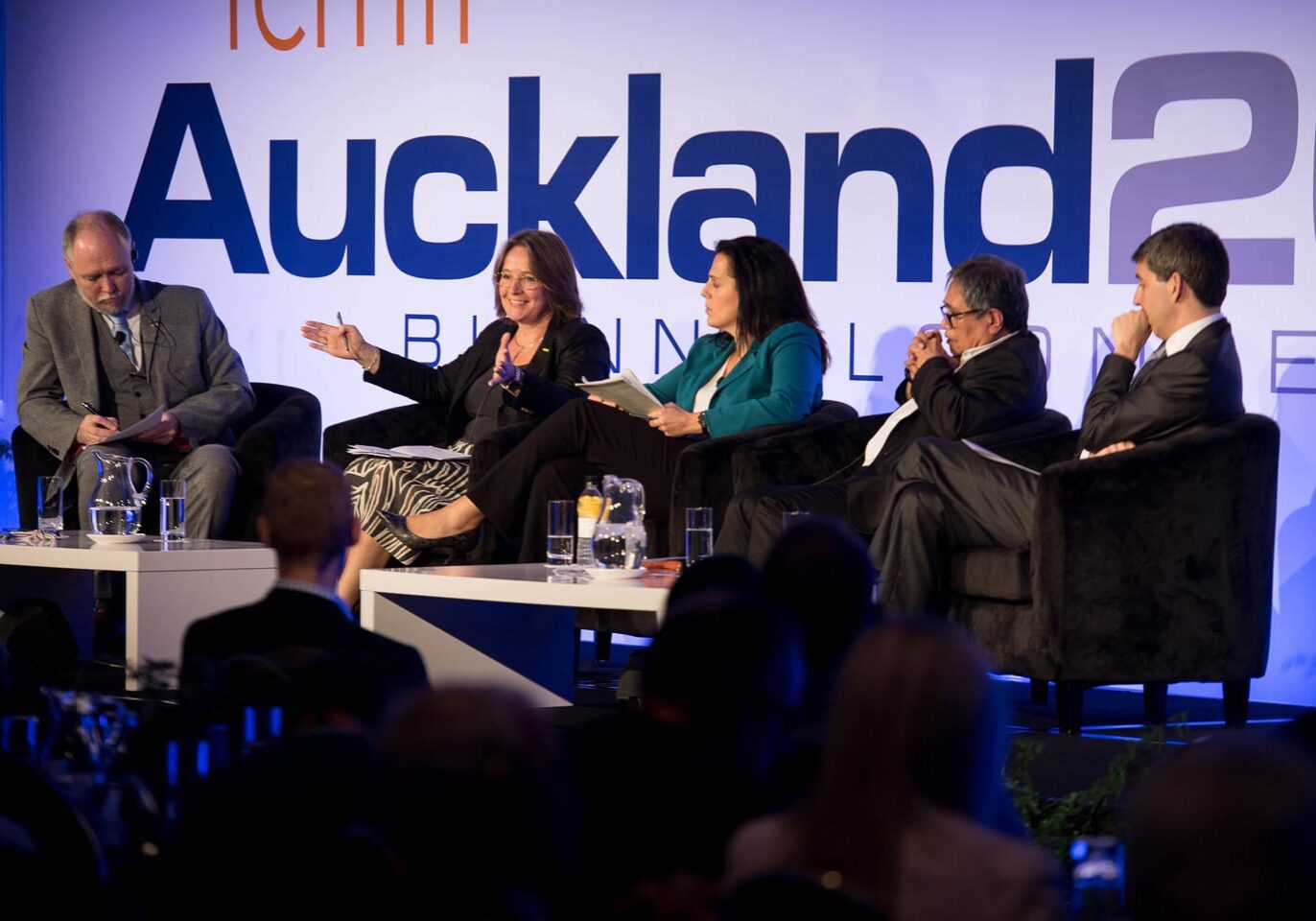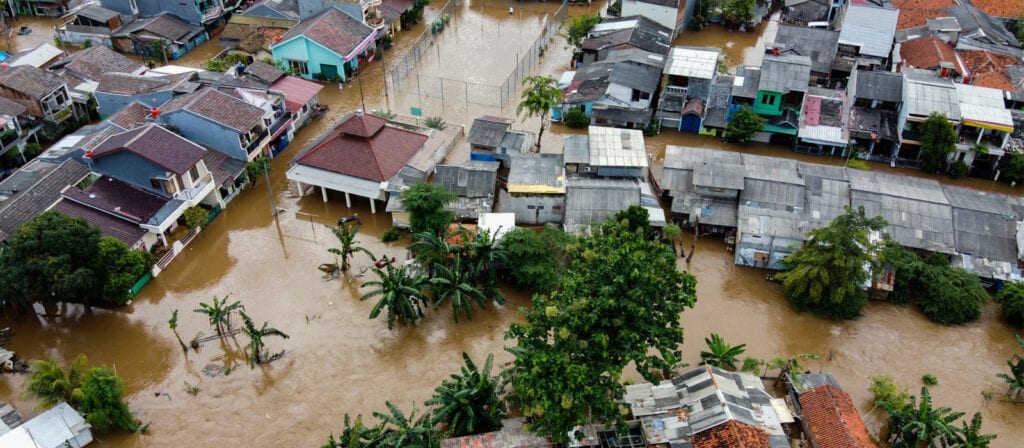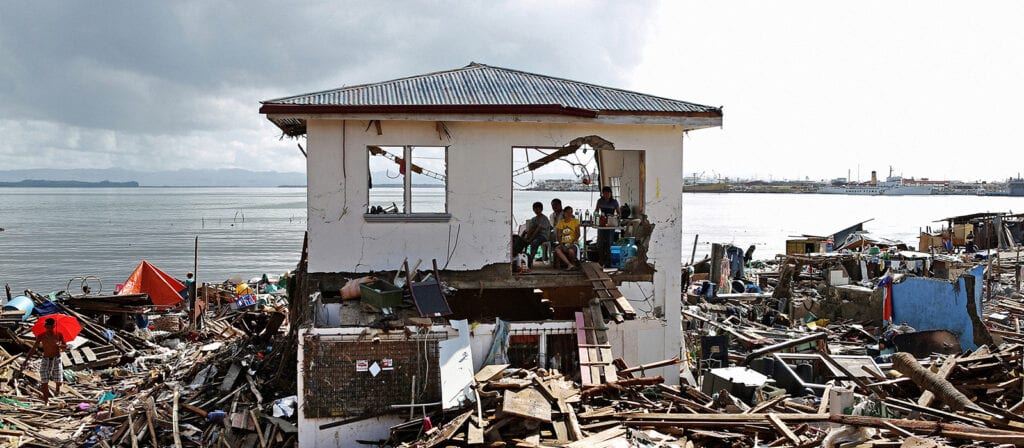The cooperative/mutual sector is the most impactful segment of the insurance industry when it comes to identifying and managing the socio-economic and environmental risks that determine our planet’s future sustainability. In line with its partnerships with the United Nations and the Prince's Accounting for Sustainability Project (A4S), ICMIF is proud of the ways in which its members don’t just offer protection for individuals through insurance, but also strive for the broader resilience of communities and the planet.
In this section of the ICMIF Knowledge Hub, we share the multitude of ways in which ICMIF members address risks that have a wider socio-economic or environmental impact, are longer-term in nature, or are outside the organisation’s control, but where the business model and values of the cooperative/mutual insurance sector offer superior opportunities. Risk prevention, risk mitigation and education are key deliverables through which cooperative/ mutual insurers deliver value to their members and to wider society and set them apart from the rest of the insurance industry.

ICMIF members have access to a wealth of member value content through its industry leading Knowledge Hub. Some of the recent best practice offerings include:

VIDEO PRESENTATION
Sustainability and innovation as part of the strategic agenda
In a changing world, Achmea (Netherlands) is aware of different types of challenges and risks for its customers and focuses on areas where it can have the greatest impact with its products and services. Through the development of innovative initiatives and smart use of data, Achmea can have a major social impact in its strategic domains of health, mobility, living environments and financial solutions. Through embedding sustainability and innovation in its strategy and core activities, it is able to deliver value to customers and society in line its cooperative values.
WEBINAR
Creating value through embedding sustainability
The Co-operators (Canada) developed their first sustainability strategy just over a decade ago and in 2015, formally began to integrate and embed sustainability in their corporate strategy. Authentically embedding sustainability across the organisation requires commitment and innovation; it is more than changing processes, products and services, partnerships or governance. Engagement is required from all levels and areas of the business, as well as managing the evolving relationship between the financial and non-financial elements of the organisation. Doing so creates economic, social and environmental value for The Co-operators and its stakeholders.


VIDEO PRESENTATION
Building resilience to respond to climate change and disaster risks
Of all the emerging risks facing Zenkyoren, the Japanese insurer has recognised climate change as one of its highest priorities. In response to the increasing number and severity of climate-related natural disasters, Zenkyoren wants to contribute to the building of a sustainable and disaster-resilient society by considering both the “response” when a disaster occurs, and the routine “preparation” through education and raised awareness of the importance of disaster prevention. These efforts combine to strengthen the relationship and trust between Zenkyoren and the local communities it serves.
CONFERENCE SESSION
Emerging risks and threats: Our role within the broader ecosystem
Partnerships and collaboration with external stakeholders can help organisations to realise their sustainability goals, manage emerging risks and create socio-economic and environmental benefits for their members, their communities, and even further afield. Aligning business strategies with the UN Sustainable Development Goals (SDGs), in both developed and emerging markets, is a natural extension to these sustainability efforts; the principles of which are inherent in the cooperative/mutual business model.






